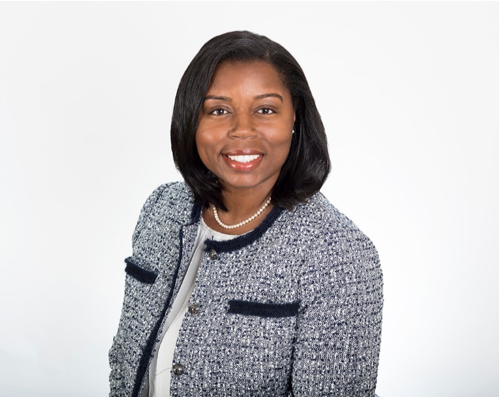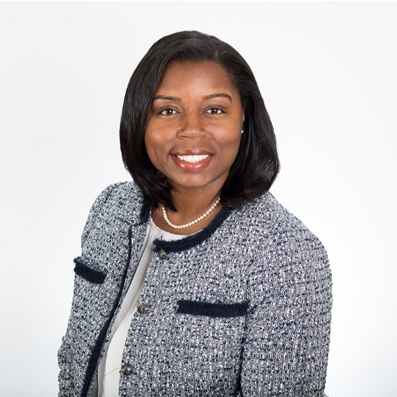
It was a typical warm summer night out with friends. I had just graduated high school and would be starting college in the fall. Life felt free and light and the warm summer air around us was filled with laughter. I had my mom’s truck – a black Expedition – and my friends and I were at dinner talking about current events and noting that we would all be going our separate ways in the fall to start new chapters in our lives. After dinner we decided our next move would be a drive-in movie. We jumped into two cars and started on our way down the main drive of a commercial thruway. About a mile down the road, the four of us realized we would not make it to the theater in time for the movie, so we pulled into a nearby parking lot of a closed, one-pump gas station. We hopped out of our cars to discuss our options – there was an in-door theater down the street with a movie starting in 20 minutes, we could head to the arcade – a sort of Dave and Busters experience or go play pool at a local billiards. At 9:30pm, the night was still relatively young and in a playful fashion one of my male friends started to chase us in the parking lot – we dodged each other as if we were in a serious game of tag or making a football shuffle move to avoid getting caught. The laughter was fresh and it was a memorable moment of teenage fun.
Then out of nowhere, seven police cars converged on us – guns drawn, safeties off, with shouts of "put your hands up!". Lights flashed, cops shouted over a bullhorn for my two male friends to get on their knees – they complied. I will never forget the look on one of my male friend’s face – a heavy sigh as he stretched his arms slowly high in the air. In his head I could hear him saying “here we go again.”
One police officer was visibly on edge and would not lower his gun. What exactly happened next is a blur but I recall one police officer stepping forward and asking us what we were doing. I explained that 15 minutes earlier we were at a restaurant down the street and had pulled into the parking lot once we realized we would not make it in time to the drive-in movie theater. I asked why seven police cars converge on us with guns drawn. He said they received a dispatch that a group of black people had guns at the gas station – a complete, utter lie. He said that the officers had just responded to another call in the area so that is why so many officers responded. Two officers proceeded to search my male friends while the remaining officers still had their guns trained on us. I thank God for the officer who stepped forward and de-escalated the tense situation - personally going over to the officer on edge and arguing with him to put his gun away - that we were just teenagers hanging out. I asked for the officers’ badge numbers and their precinct which the officer visibly on edge refused to provide. My male friends’ heads were lowered – all the laughter that had filled the warm summer air was gone.
When I saw the video of Amy Cooper falsely call the police on a black man in Central Park to intentionally cause him distress at the hands of the police for asking her to leash her dog and offering her dog a doggie treat – it was a trigger for me. My mind rewinds to that traumatic experience: What if that summer night had turned out differently? What if the officer who de-escalated the situation, where my friends and I were defenseless, was not there? Could I have been killed? Could one of my friends have been killed? Could that experience have altered my life’s trajectory? Why would someone call the police and tell that lie? 20 years ago, there were no cell phones, no camera phones, no body cams to record the incident – what would have been the story told that night?
My mind fast forwards: I think about my husband—and his safety—and my two sons—and their innocence. And I cry. I cry because the thoughts are heavy and the burden and trauma is real. I think about Ahmaud Arbery and George Floyd. I think about Jordan Davis who just like me, was out for a night of teenage fun with friends, Breonna Taylor, Trayvon Martin, Tamir Rice, Sandra Bland, and countless others whose names we know and those who we don’t. I think about the random man I saw walking down a street in DC who literally jumped out of his skin in fright when he heard a police siren blare out behind him and then made the same sigh as my friend when the police car passed by. I think to myself, “his story is probably worse than mine.” And in the midst of it all, I try to work – deliver for my clients and colleagues, answer emails, think critically, develop pitch books. I drag – my productivity slips last Tuesday and Wednesday. Things that I usually can turn in an hour now takes three hours. I step back and take care of myself mentally and emotionally on Wednesday night. I check in on friends and a few colleagues just to make sure they are okay – or at least to make sure they know they are not alone in their feelings of frustration that it keeps happening and sadness that there are no easy answers to resolving the violence and attacks on black and brown bodies.
And I write this letter so people near and far, of all ethnicities, genders, races, religions, and sexual orientations know – you are not alone.
This is one account from my lived experience, however there are countless other black and brown people who experience and are impacted by racism, prejudice and abuse and their stories are never told.
So, in the spirit of RBC’s Collective Ambition – to help clients thrive and communities prosper – I ask that we expand and advance our allyship to marginalized communities: please speak up and acknowledge that injustice exists in society and equal application of the law is not always fairly applied, and please do a mental and emotional check-in with a neighbor, colleague or friend to ask how they are doing. It means more than you may realize, especially during a time of required isolation.
